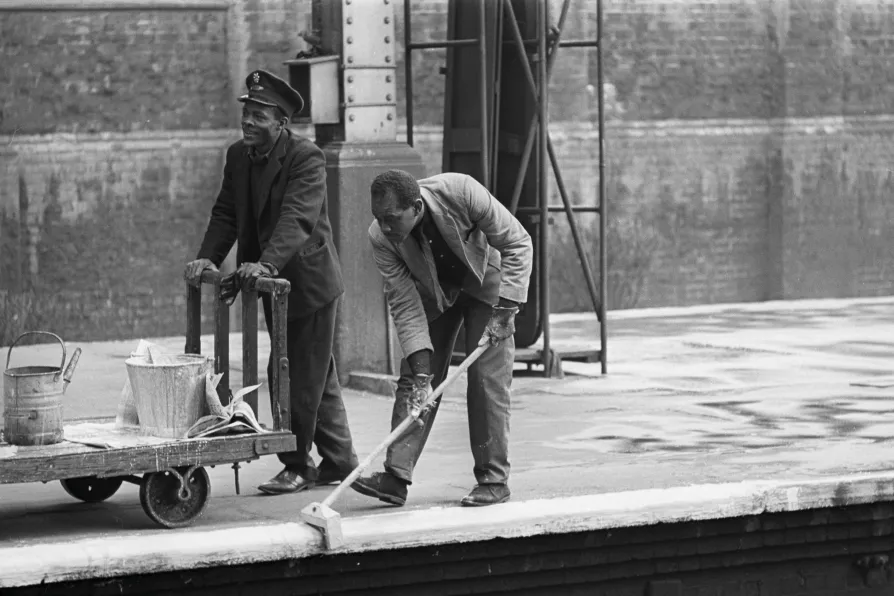By pressuring Mexico to halt oil shipments, Washington is escalating its blockade of Cuba into a direct bid for economic collapse and regime change, argues SEVIM DAGDELEN

 LOWER RANKS: Black workers were often recruited to work on the railway in jobs that white workers did not want to do
LOWER RANKS: Black workers were often recruited to work on the railway in jobs that white workers did not want to do
THE summer of 1919 was as red in Britain as it was on the other side of the Atlantic in the US. It was a year of international unrest and fear at the same time as being a time of excitement, hope and radicalism, springing from the new world that had been ushered in by the 1917 Russian Revolution.
Much of Britain’s 1919 black population was made up of seafarers, dock workers and colonial troops returning from doing their duty in World War I.
This should not be taken to conclude that black workers only arrived in Britain after World War I. Far from it. There has been a sizeable black population in Britain since Roman times when soldiers of African descent were sent to guard Hadrian’s Wall. But 1919 witnessed a new phenomenon — organised attacks on a community in Britain based on race.
Prior to World War I trade unions in Britain took the principled position of resisting moves by employers to pay black workers, African or Asian, less than their white counterparts. But this principled position disappeared after the war even though unions in the colonies sought to forge an alliance with them against these racist employer practices.

ROGER McKENZIE argues that Western powers can see the beginning of the end in the rise of the global South — and racist reactions are kicking in

White racist rioting has many an infamous precedent in Britain, writes DAVID HORSLEY

ROGER McKENZIE expounds on the motivation that drove him to write a book that anticipates a dawn of a new, fully liberated Africa – the land of his ancestors

PHIL KATZ describes the unity of the home front and the war front in a People’s War










